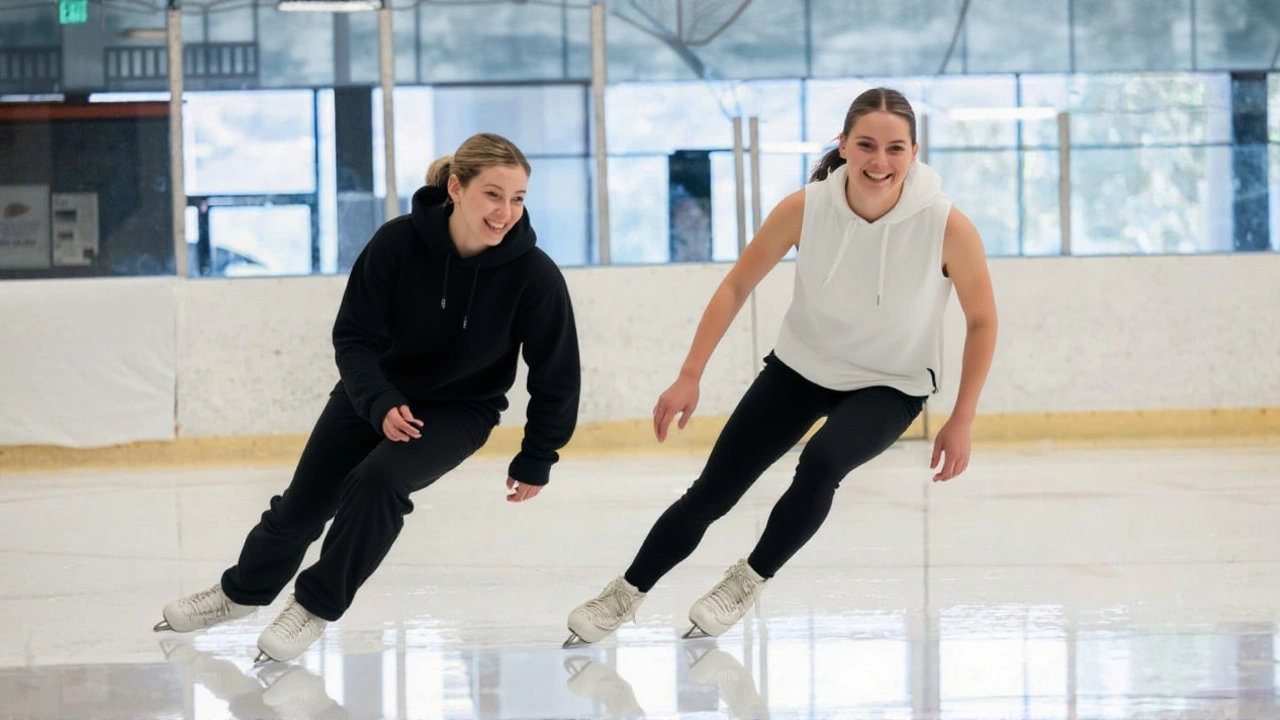Athlete Wellbeing: Latest News and Practical Insights
When talking about athlete wellbeing, the overall health, performance and happiness of sports professionals. Also known as sports wellness, it covers everything from daily habits to long‑term career planning. Good athlete wellbeing means a balanced mix of physical fitness, mental resilience and lifestyle choices that let competitors stay sharp on the field and happy off it.
One pillar of mental health, the emotional and psychological state of an athlete is the ability to handle pressure, setbacks and public scrutiny. Another crucial element is injury prevention, strategies and practices that reduce the risk of physical harm. Proper nutrition, dietary plans that fuel training and recovery supplies the energy and nutrients athletes need to perform. Finally, effective recovery, methods such as sleep, physiotherapy and active rest that restore the body ensures that training gains are kept and fatigue is minimized. Together they create a web of support: athlete wellbeing encompasses mental health, relies on injury prevention, demands good nutrition, and is boosted by recovery routines. When any of these links weakens, performance drops and long‑term health suffers.
What You’ll Find Below
Below is a curated collection of recent stories that touch on each of these aspects – from high‑profile injuries and rehab updates to mental‑health discussions sparked by player statements. You’ll see how clubs, leagues and individual athletes are handling wellbeing challenges in real time. Dive in to see the latest developments, practical tips and expert commentary that can help anyone interested in keeping athletes at their best.
ISU Unveils Expanded Mental‑Health Safeguards on World Mental Health Day
On World Mental Health Day 2025, ISU President Jae Youl Kim unveiled Calm Zones and a social‑media monitoring program, marking a major step for athlete wellbeing.

